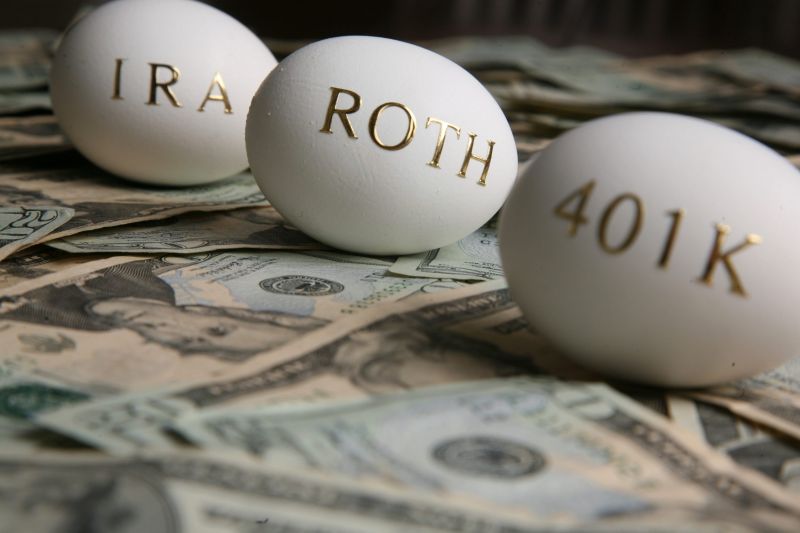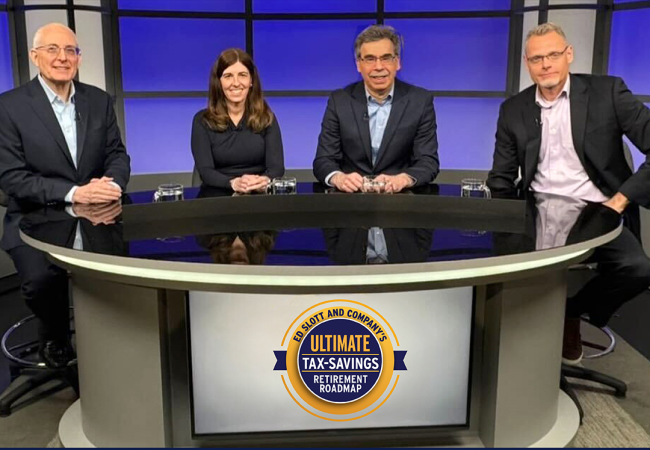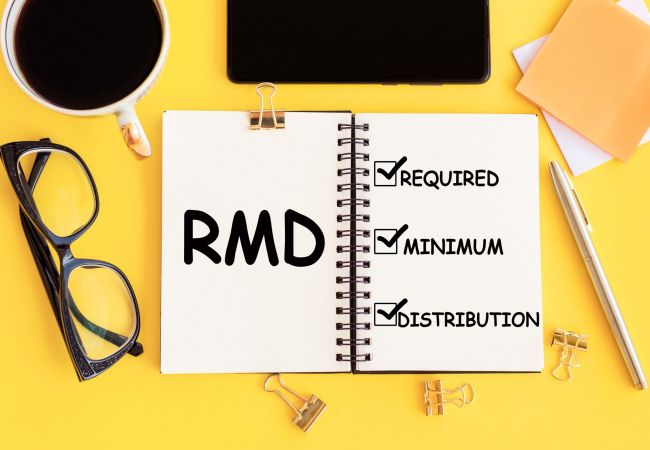- Ed Slott’s IRA Corner
- Think Your Roth IRA Withdrawals Are Tax-Free? Think Again.
Think Your Roth IRA Withdrawals Are Tax-Free? Think Again.

Are Your Roth IRA Withdrawals Always Tax-Free?
When you opened your Roth IRA, you may have assumed that all distributions would always be tax-free. However, that common assumption can lead to unexpected taxes or penalties down the road—even though Roth IRAs offer significant advantages.
What funds are you actually withdrawing from your Roth IRA?
Short answer: Distribution dollars come out in this order—First your contributions, then converted funds, then earnings.
This matters because each type of fund has different tax and penalty rules.
-
Contributions are always tax- and penalty-free when withdrawn.
-
Converted amounts may be penalty-free but only tax-free after certain conditions.
-
Earnings may be taxable/penalised if withdrawn too early.
How do the ordering rules work when you withdraw from a Roth IRA?
Short answer: Every Roth IRA is treated as one account for ordering rules. First you withdraw your contributions, then conversions, then earnings.
-
If you withdraw contributions → always tax & penalty free.
-
If you withdraw converted funds before age 59½ and before 5-year clock runs → no income tax, but 10% penalty applies unless exception.
-
If you withdraw converted funds after age 59½ and after 5 years → tax & penalty free.
-
If you withdraw earnings before age 59½ → generally subject to income tax + 10% penalty.
-
If you withdraw earnings after age 59½ and you’ve held the Roth at least 5 years → earnings are tax-free (and penalty‐free).
Case Study: How Jim Unexpectedly Paid a Penalty
Jim, age 58, withdrew $40,000 from his Roth IRA for a second home down payment. He assumed it was tax-free because it was a Roth account. The problem? A portion of the withdrawal came from converted funds that had been in his account less than five years. Because Jim was under 59½, that triggered a 10% early withdrawal penalty on that converted portion—something he didn’t anticipate.
If Jim had waited until age 59½ or ensured a full five-year conversion holding period, he could have avoided the $4,000 penalty.
How to Avoid Taxes When Withdrawing from a Roth IRA Converted Account
Here’s what you should check and do:
-
Confirm your account types and contribution history. Know exactly how much is contribution vs. conversion vs. earnings.
-
Check your age and timelines. If you’re under age 59½ or converted funds less than 5 years ago, tread carefully.
-
Withdraw in the right order. Use the contributions first so only conversion/earnings remain when you need them.
-
Consult the exceptions. Some exceptions (first home purchase, disability, etc.) may waive the 10% penalty.
-
Download our guide. For a step-by-step overview, Download “Determining Tax on Roth IRA Distributions in 5 Easy Steps”.
-
Work with an advisor. Because mistakes can cost thousa#nds of dollars in tax or penalties.
FAQ — Frequently Asked Questions
Q: How long must you hold converted funds before they’re penalty-free?
A: Each conversion has its own 5-year clock for the 10% penalty. Once that clock runs + you’re over age 59½, the converted amount is penalty-free.
Q: Are Roth IRA earnings always tax-free after 59½?
A: Not always. They are tax-free only if the account has been open for at least 5 years. If not, earnings withdrawn may be taxable.
Q: Can I withdraw contributions without impacting future earnings?
A: Yes. Since contributions come out first, you can withdraw them tax- and penalty-free. But withdrawing conversions or earnings may reduce future growth potential.
Q: What if I have multiple Roth IRAs?
A: For distribution rules, the IRS treats all your Roth IRAs as one combined account. So ordering rules apply across all.
Let’s Review Your Roth IRA Strategy
If you’re considering a withdrawal, especially from converted funds, We’d like to help you make sure the tax and penalty risks are minimised. Call us today at 940-464-4104 or schedule a free virtual consultation online.
At RFG Wealth Advisory, we’re an independent, fee-only Registered Investment Advisory firm. We put your interests first and use a transparent fee structure for your peace of mind.
Financial success doesn’t happen by chance. Let’s make sure your Roth IRA withdrawals—and your retirement income strategy—work exactly as you expect.
RFG Wealth Advisory
Independent • Fee-Only • Always in your Best Interest
940-464-4104
RFGWealthAdvisory.com/virtualconsultation
Related Posts
“These materials have been independently produced by RFG Wealth Advisory. RFG Wealth Advisory is independent of, and has no affiliation with, Charles Schwab & Co., Inc. or any of its affiliates (“Schwab”). Schwab is a registered broker-dealer and member SIPC. Schwab has not created, supplied, licensed, endorsed, or otherwise sanctioned these materials nor has Schwab independently verified any of the information in them. RFG Wealth Advisory provides you with investment advice, while Schwab maintains custody of your assets in a brokerage account and will effect transactions for your account on our instruction.”
RFG Wealth Advisory is a registered investment adviser with the U.S. Securities and Exchange Commission (SEC). Registration does not imply a certain level of skill or training, nor is it an endorsement by the SEC or other regulators. RFG Wealth Advisory only provides investment advisory services in jurisdictions where it is registered or qualifies for an exemption. This website is for informational purposes only and does not constitute legal, tax, or accounting advice. For more information, see our Form ADV and Form CRS, available at the bottom of this page.
RFG Wealth Advisory
130 Old Town Blvd., S, Ste. 100
Argyle, TX 76226




